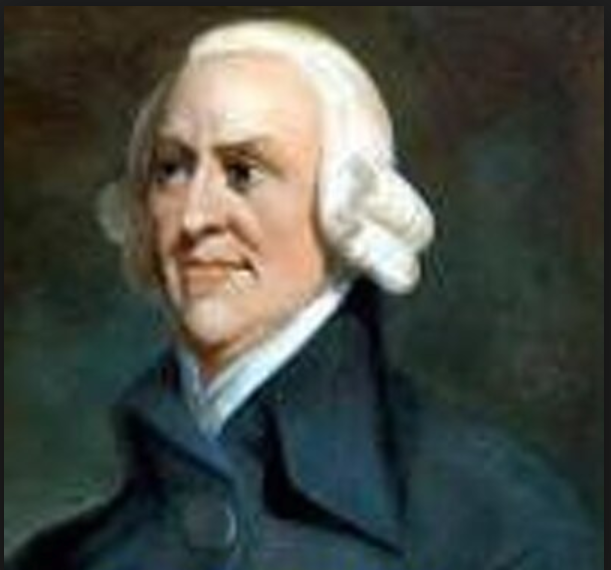Developing and Upholding Wealth
Edited: Monday, 29 November 2021


Franklin and Smith represent old wisdom that holds true even today. Shortcuts to wealth are, however, possible in the knowledge society of our time. Internet can be used in any nation on the planet as a channel to means for developing and upholding wealth. In an attempt to make a difference, pre-internet solutions with Apple II, big data banks and the global telecom network were used by me when I had founded The TechnologyTransfer Corporation AB in 1978 with Business Intelligence services offered until 1992 in various Technology Transfer projects.
The role of innovation for developing and upholding wealth is recognized in Sweden as well as in other countries. A widely accepted investment model is called Triple Helix. It focuses on university-industry-government co-operation. Several of my fellow members of the National Innovators Council in Sweden have the opinion, however, that Triple Helix makes project leaders almost as hostile to disruptive innovations as farmers to wildfire. Disruptive innovations result commonly from pioneering inventions. These are likely to be developed by independent researchers and inventors who are stubborn enough to do unfunded trial-and-error-work that can go on for years and even decades.
Mankind has been developing the way to wealth based on inventions turned into innovations. That process is rarely successful for those who are not rich or at least strong. Adam Smith wrote: "Civil government, so far as it is instituted for the security of property, is in reality instituted for the defence of the rich against the poor, or of those who have some property against those who have none at all." (Source: The Wealth of Nations, Book 5, Chapter 1, Part 2). According to my half-a-century long experience in the field of Intellectual Property Rights, many of the inventors who I have served as a patent attorney should have been better off following the example of Franklin mentioned in his autobiography: "...as we enjoy great advantages from the inventions of others, we should be glad of an opportunity to serve others by any invention of ours, and this we should do freely and generously." But he was strong and successful with activities in many fields. That is not a common situation for inventors who often do unfinanced and unrecognized trial-and-error-work with a lot of results which apparently are of no use. After having developed knowledge about wrong solutions, they may find in the end that something works. A pioneering patent can for them become the one and only key to recognition.
The Marco Polo Team is an initiative taken by me to speed up the process of turning pioneering inventions into profitable innovations. The focus is on presenting patents paving the way for disruptive technologies. The inventors may come from various countries and interest can be found worldwide for such presentations arranged in Stockholm.








Developing and Upholding Wealth
Edited: Monday, 29 November 2021
Comments